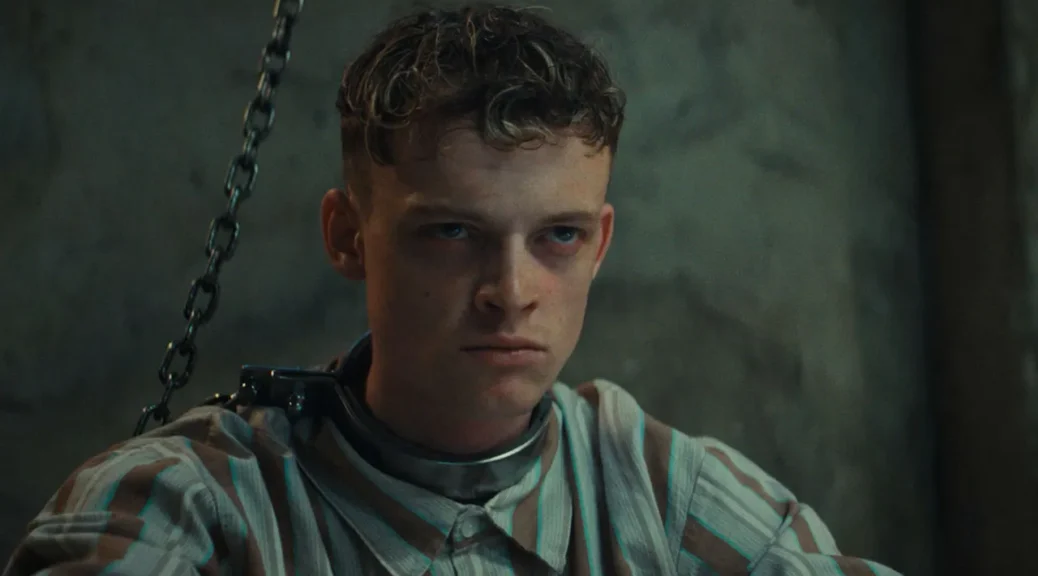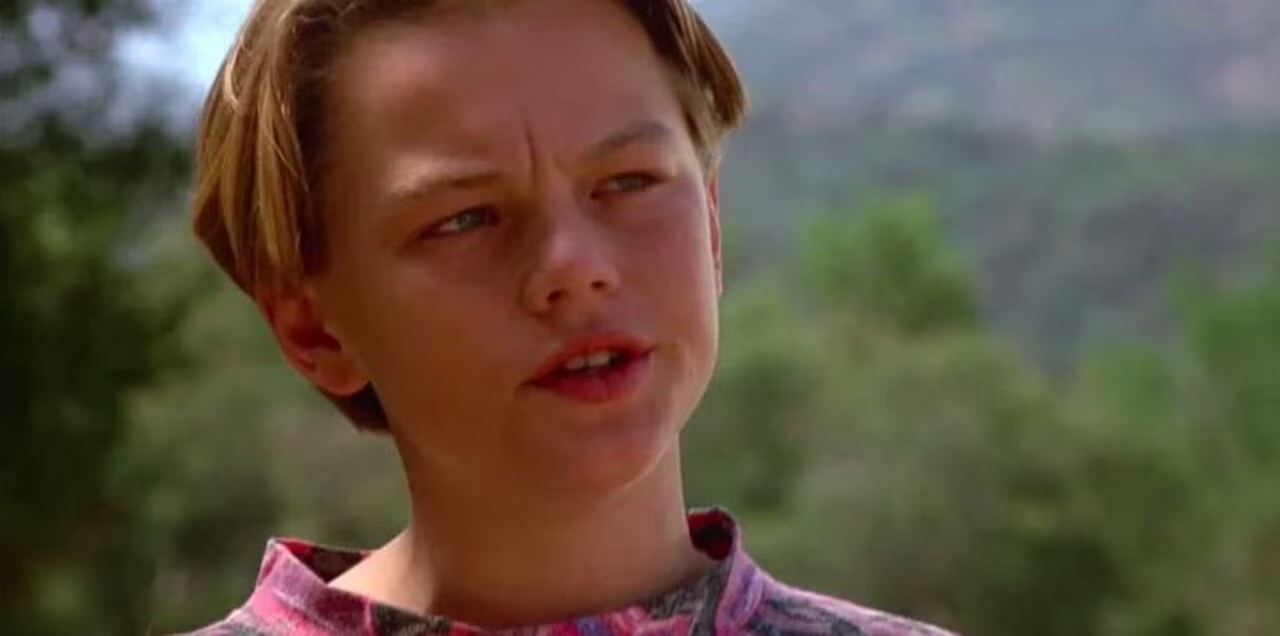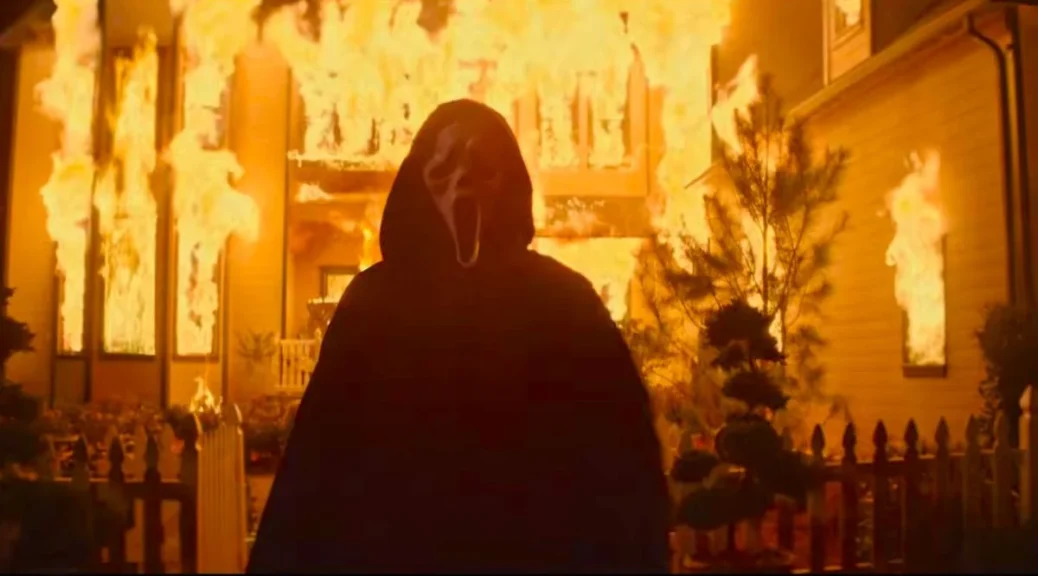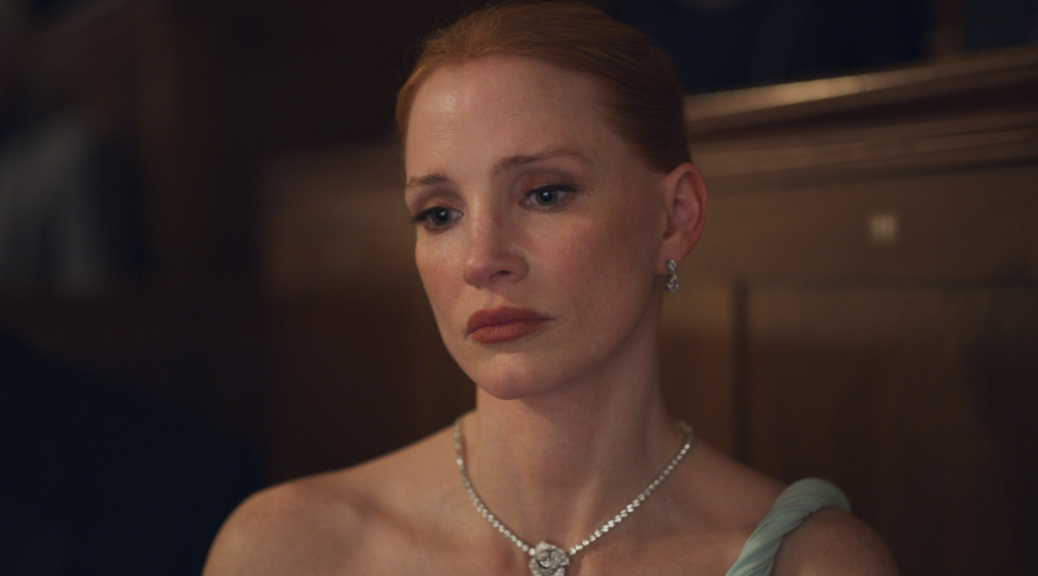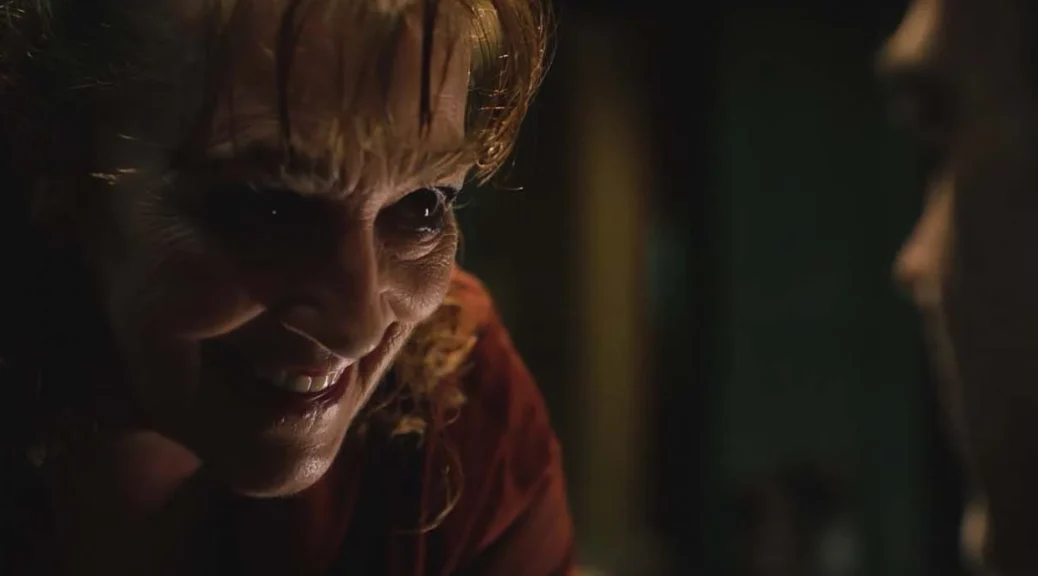Heel
by Hope Madden
Few people who watched the Netflix series Adolescence would describe it as darkly comical.
And yet, Adolescence co-creator and co-star Stephen Graham lends his considerable talent to another look at the troubling behavior of young white men in Jan Komasa’s Heel.
Graham plays Chris, a well-intentioned family man. Anson Boon is Tommy. One morning, after a night of hard debauchery, Tommy wakes up in chains in Chris’s basement.
From there, Komasa’s film, written by Bartek Bartosik and Naqqash Khalid, could become something truly horrifying. Instead, it reimagines The Clockwork Orange by way of My Fair Lady.
There’s obviously something terribly wrong with Chris, his wife Kathryn (Andrea Riseborough), and probably their young son Jonathan (Kit Rakusen). But they don’t think so. Indeed, they’re so convinced of their benign purposes that the family hires a part time maid (Monika Frajczyk), even though there’s a human being chained up just off the laundry room.
Of course, during the interview, Chris does ask if Katrina has any distinguishing marks. That could be a red flag.
The performances across the board are marvelous. Certainly, we’ve come to expect nuanced, even surprising turns from both Grahan and Riseborough. But it’s Boon who really impresses. His Eliza Doolittle arc is fantastic and frustratingly believable.
Komasa plays with your expectations and manipulates your emotions. It’s really hard to root for the kid in the cellar, and it’s often a little tough to dislike this broken family, although there is clearly something very cracked and likely dangerous about them.
The sharp script never overplays its themes. Heel keeps you guessing, keeps you fascinated, and sometimes has you almost breathless. It’s also quite funny and touching.
The longer you watch, the more provocative Heel becomes. Even if you’re furious by film’s end, it’s hard to deny its power.
